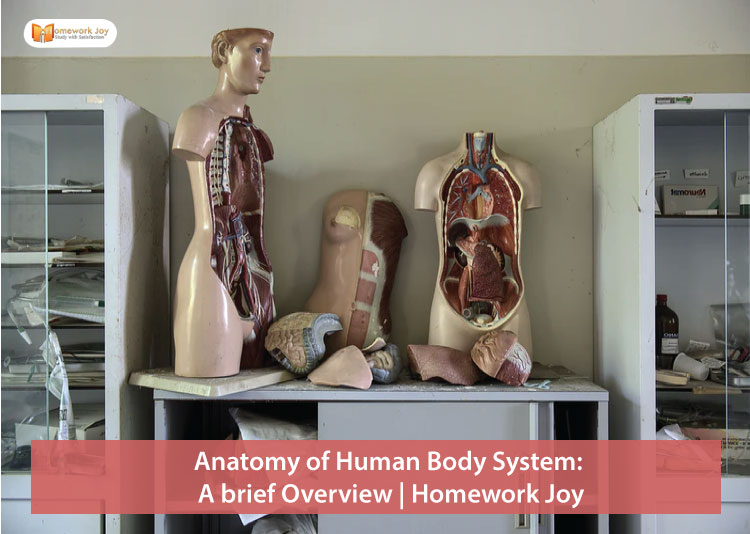The human body system refers to the group of organs that work together to perform certain functions in a human body. Also, the human body consists of multiple organ systems which help the human to exist. In other words, humans cannot live with the absence of any organ system. Understanding the human body system allows us to know how the body functions and why they are essential for overall healthy life.
Also Read: Human Digestive System: Structure and Functions
Types of Human Body System
There are in total 11 organ systems in the human body. They are given below:
Circulatory System
The circulatory system comprises the heart, arteries, blood vessels, and veins. It circulates blood, nutrients, oxygen, carbon dioxide, and hormones around the body. Also, humans and other vertebrates have closed circulatory systems, where the blood is enclosed within blood vessels like veins and arteries. In contrast, some animals, such as insects, have open circulatory systems.
Digestive System
The digestive system comprises the organs that allow the body to break down and absorb food and remove waste. It comprises the mouth, oesophagus, stomach, small intestine, large intestine, rectum, and anus. Also, the digestive system is a long pathway that starts from the mouth and ends at the anus.
Endocrine System
The endocrine system comprises eight major glands that secrete hormones into the blood. In addition, the hormones further travel to different tissues and regulate various bodily functions, such as metabolism, growth, etc. body growth, response to stress and fear are some of the activities regulated by the endocrine system.
Immune System
It is the body’s defence against bacteria and viruses that may be harmful to the human body. It consists of lymph nodes, the spleen, bone marrow, lymphocytes (including B-cells and T-cells), the thymus, and leukocytes, which are white blood cells. For instance, COVID-19 virus attacks the weak immune system of the body and therefore, it is necessary to have a strong immune system.
Lymphatic System
The lymphatic system comprises lymph nodes, lymph ducts, and lymph vessels and also plays a role in the body’s defences.
Nervous System
The nervous system is an important organ system and has a brain and spinal cord. It controls both voluntary action and involuntary actions and sends signals to different parts of the body. A human mind can be powerful as well as destructive if it overpowers the human body.
Muscular System
The muscular human body system comprises about 650 muscles that aid in movement, blood flow, and other bodily functions. The types of muscles in the human body are skeletal muscle, smooth muscle, and cardiac muscle. Subsequently, cardiac muscles are located in the heart and contract to pump blood. Smooth muscles are located in the stomach. And lastly, skeletal muscles are attached to bones to move the body.
Reproductive system
The reproductive human body system allows humans to reproduce. The male reproductive system includes the penis, which produces sperms, whereas the female reproductive system consists of the vagina and the ovaries, which produce eggs. All these organs play a vital role in reproduction.
Skeletal System
The human skeletal system consists of bones, cartilage, and tendons, and human adults have 206 bones. On the contrary, children’s skeletons contain more bones since some of them fuse together when they grow up. Also, the human skeletal system is divided into two parts: The axial skeleton and the Appendicular skeleton.
Respiratory System
The respiratory system is vital for breathing in and out oxygen and carbon dioxide, respectively. It comprises lungs, diaphragm, trachea, bronchi, etc. The respiratory system is different amongst humans and animals. The humans have lungs, whereas fishes have gills to breathe.
Urinary System
The urinary system eliminates waste from our body, which is produced when foods are broken. The human body system gets rid of the waste in the form of urine. It consists of the uterus, bladder and urethra.
Integumentary System
The integumentary system is the body’s largest organ, i.e., skin. It protects our body from the outside world and is our first defence against bacteria, viruses, and other pathogens. The integumentary system consists of hair and nails as well.
Therefore, the human body system defines the system and structure of our body. Each and every organ system is vital for the proper functioning of our body.
For instant online assignment help, visit our website Homework Joy
